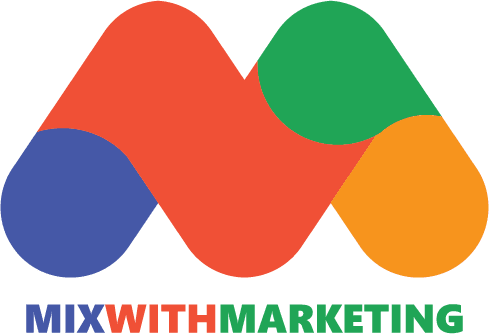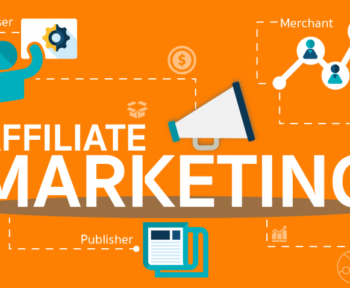Pay-per-click (or PPC) advertising on search engines like Google not only attracts attention, it can go a long way in converting attention into sales.
“An appliance vendor noticed that there were no ads on Google for the keyword air conditioning and created one,” recalls Chris Lake of Econsultancy. “A major hotel chain broke down, Googled their air conditioning units, and eventually got a $12m contract. Only spent a few cents on advertising.”
You may not be successful at this scale, but if you can get your business in front of potential customers as soon as they want to buy, your chances of making a sale increase dramatically. With the right combination of planning and initiative, pay-per-click marketing is a cost-effective way to increase your profits.
Table of Contents
What is pay-per-click advertising?
With traditional advertising, you pay to view or publish your ad. But with pay-per-click ads, you only pay when someone actually clicks on the ad.
The most well-known PPC advertising is in search engines such as Google and Microsoft Advertising. Other PPC advertising options include social media platforms such as Facebook.
“PPC ads are sponsored links on search engine pages,” says Lake. “Companies listed here pay to appear under a certain search phrase, but really only pay when someone clicks on their ad.
“Bid on a position, so generally, if my PPC ad is more relevant or if I’m bidding more than you for a prospect to click, my ad will appear above yours.”
Why use PPC or Pay Per Click advertising?
You can use PPC advertising to increase brand awareness. But pay-per-click advertising is most effective when you want to encourage customers to take immediate action. For example, buy a product or join your mailing list.
There are several advantages to using PPC:
- By identifying keywords that match what your target customers are searching for on the internet, you can show your PPC ads to the right audience.
- You only pay when someone is interested enough to click the ad. This takes them to a landing page where you have the option to persuade them to take the next step on your website, such as buying a product.
- You decide how valuable a visitor is to your business and set your advertising bids accordingly.
You can control your costs by setting a limit on your total ad spend. - You can try different options and get a detailed analysis of the performance of each ad campaign.
How much does PPC advertising cost?
Your PPC costs will likely be driven by the competitiveness of your market, the value of your product and your regular marketing spend. The more competitive your market and the more expensive your product, the more you will have to pay to stand out on the charts.
However, the amount you want to pay per click should be determined by your marketing budget and online conversion rates. For example, if you typically set aside 10% of the retail value of the $100 shoes you sell for sales and marketing, you should stick with it.
If you know that one in ten people who visit your site will buy your shoes, that means you can pay up to $1 per click – that’s $10 for each sale or 10% of the retail value of the shoes.
There are free tools that can help you get ideas for keywords and see how much you should bid. You should try different keywords to see which ones give you the best return on your ad spend.
How do you use PPC or Pay Per Click advertising?
“Before you get started, think about what you want to achieve with PPC marketing,” says Lake. “Are you trying to sell a product, drive traffic to your website, or gain subscribers for your email newsletter?”
- Set your goals. Want to drive more sales, encourage signups, or increase queries?
- Decide where to advertise. Advertising on search engines with Google Ads or Microsoft Advertising is a good option for most businesses. Sign up and create an account.
- Select the keywords you want to bid on.
- Set your bids for different keywords and choose your daily or monthly budget.
- Write your PPC ad and link to a relevant and persuasive landing page on your website.
- Watch closely and continually improve your keywords as you learn what works.
- “Think about the buyer’s journey,” says Lake. They will go from looking for something generic to
- being more specific in terms of brands, models, and colors. This is when they are ready to buy, so bid more on certain phrases that maximize your chances of making a sale.
Monitoring your PPC campaign
Tracking ad performance helps you achieve your marketing goals. Website analytics tools let you see where your visitors are coming from – whether it’s from pay-per-click ads, regular search engine listings, or referrals from other sites.
Analytics allows you to monitor exactly what your visitors are doing on your website. You can see which ads are delivering the results you want and calculate how much each successful conversion costs you.
Knowing which channels and which PPC keywords are doing well will help you refine your approach and direct more resources towards methods that work for you.
“Once you find a successful formula to convert interest into sales, spend more,” says Lake. “Pay-per-click is like a supermarket putting fruit in front of the store – you put the right thing in front of people at the right time.”






1 Comment
Micah
Every weekend i used to go to see this site, because
i want enjoyment, for the reason that this this web site conations actually nice funny data
too.